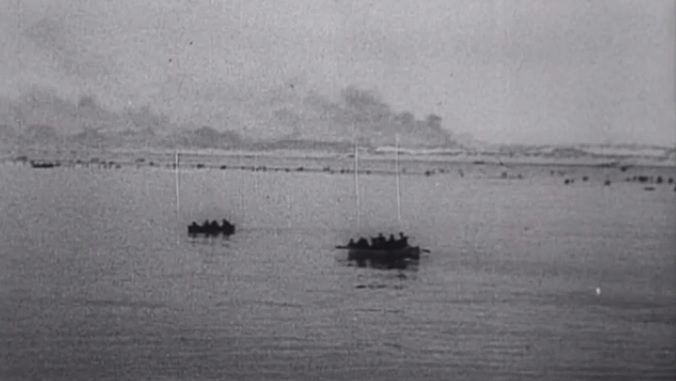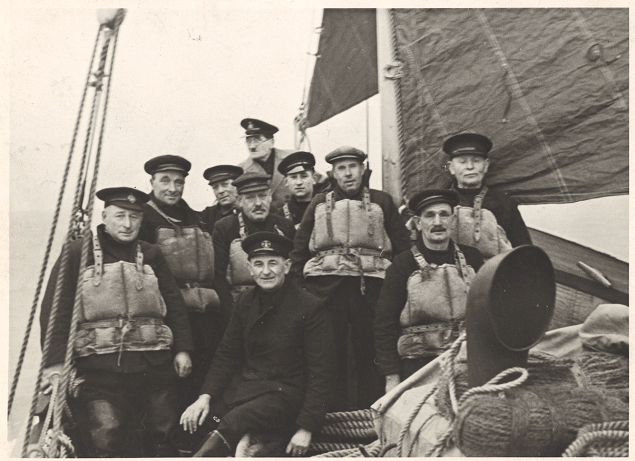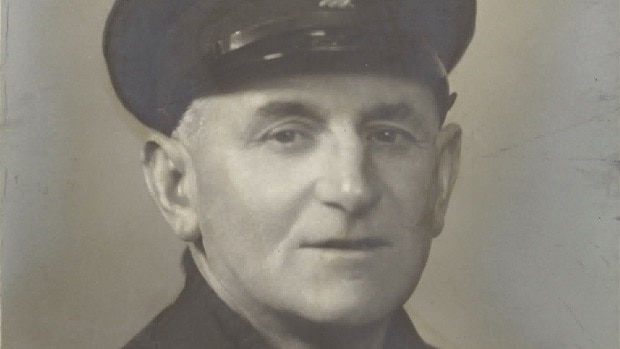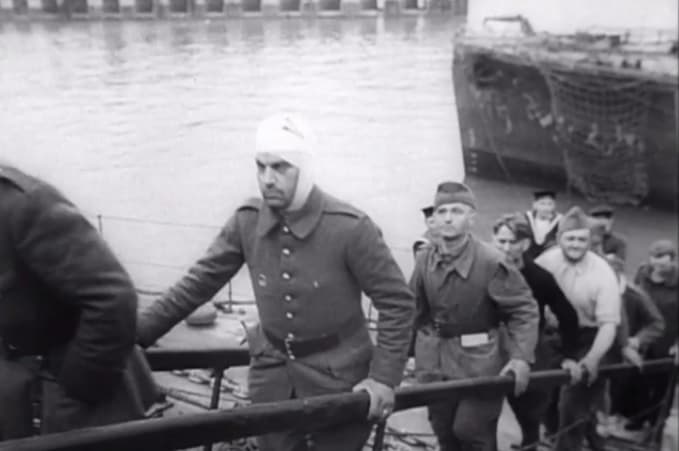
This Bank Holiday Monday would have seen a fleet of Little Ships in Ramsgate Harbour following celebrations of the 80th anniversary of the World War Two Dunkirk evacuation.
The Ships return to Dunkirk and Ramsgate every five years to mark the major wartime rescue.
More than 70 Little Ships from across the UK were due to assemble in Ramsgate but the event had to be cancelled due to the coronavirus pandemic.
The fleet was due to be accompanied by three Royal Navy patrol craft, the Ramsgate lifeboat and six Nelson safety vessels.

Ramsgate and Margate played a major role in the epic evacuation of thousands of troops from the beaches of Dunkirk in May and June 1940, who were under constant attack from German aircraft and guns.
The evacuation, codenamed Operation Dynamo, involved an odd assortment of yachts, motor cruisers, fishing boats and other small craft which were able to sail close enough to Dunkirk’s beaches to pick up troops and ferry them to the waiting freighters, passenger ships and warships, or back to the harbours of Margate and Ramsgate.
Some 4,200 ships left from Ramsgate Harbour to rescue troops from Dunkirk and 80,000 men were brought back to safety in Ramsgate. In Margate, 46,722 soldiers were landed.
The RNLI of Margate and Ramsgate contributed to this effort.

Ramsgate RNLI coxswain Ian Cannon’s great-great-uncle Alf Moody was a lifeboatman at Ramsgate. He was one of the crew that went to France to help take stranded British troops off the beaches at Dunkirk as part of the operation.
Seventeen RNLI vessels were taken over to Dunkirk by the Navy, but the boats from Ramsgate and Margate went over with their own crews on board – ordinary lifeboatmen prepared to head into war.

Howard Knight, then the coxswain of the Ramsgate lifeboat Prudential, later recalled the moment he informed his crew of their mission: “‘We are going over the other side to fetch our boys off,’ I told them. Not one of them hesitated.”
Prudential had a crew of eight under Howard Knight. They sailed at 2.30pm on May 30, 1940, towing eight wherries filled with water and supplies for the troops at Dunkirk. Once the supplies had been unloaded, her job was to tow these boats, laden with eight troops each, between the beaches and the larger vessels offshore.
Operating for the most part off La Panne and under constant fire, she helped bring off some 2,800 men in 30 hours.
Margate lifeboat The Lord Southborough went over with Coxswain Edward Parker and ten crew. They were given steel helmets, food and cigarettes.
The commander of the HMS Icarus saw the lifeboatmen at work in France and later said: “The magnificent behaviour of the crew of the Margate lifeboat who, with no thought of rest, brought off load after load of soldiers from Dunkirk, under continuous shelling, bombing and aerial machine-gun fire, will be an inspiration to us as long as we live.”
The Margate crew took around 600 men off the beaches, while the Ramsgate crew, who worked continuously for 30 hours, took around 2800 men off the beaches.

In total, over 338,000 men were rescued between 26 May and 4 June, of which over one third (98,000) were evacuated by Dunkirk’s ‘little ships’. The original target for Operation Dynamo had been to evacuate 45,000.
Coxswains Howard Knight and Edward Parker were awarded the Distinguished Service Medal for their gallantry and determination, and all crew members received the RNLI’s Thanks on Vellum.
The Association of Dunkirk Little Ships (ADLS) is actively looking at the possibility of making the Return in 2021. The ADLS has organised Commemorative Returns to Dunkirk since 1965.
Did you know during WWII…
Granville Hotel Ramsgate was used as a military hospital. The gable on the western end of the building was destroyed by a bomb in WWII
Winter Gardens – Thanet was made a restricted area, due to invasion fears, and it was prohibited to enter it for leisure or pleasure purposes. The Winter Gardens’ first war-time role was during the evacuation from Dunkirk when it acted as a receiving station for some of the 46,000 troops landed at Margate.
It also found other war-time roles such as an air raid precaution and food rationing centre. There were also concerts for the troops on Sundays and Brighten-Up Dances every Thursday and Saturday. In January 1941 many of the windows were broken when a sea mine exploded nearby, but the main structure was undamaged. Six months later the Winter Gardens received a direct hit on 7th July 1941 causing considerable damage. The main structure of the hall remained intact and the chandeliers survived as they had been removed for storage. The plans for reconstruction of the Winter Gardens were drawn up in 1943 but due to the war, a start on the work could not be made until February 1946.
Manston Airport, during an eventful Battle of Britain, Manston was heavily bombed and airfield buildings destroyed. This caused dispersal of many of the staff to surrounding housing. It was one of the few airfields installed with the Fog Investigation Dispersal Organisation (FIDO) system designed to remove fog from airfields by burning it off with petrol. Being close to the front-line and having a long and broad runway the airfield became something of a magnet for badly damaged aeroplanes that had suffered from ground fire, collisions, or air attack but retained a degree of airworthiness.
During the war, the entire Royal Seabathing Hospital, was evacuated to Southill Park near Bracknell, Berkshire, and the building was used again by the military medical, particularly following the evacuation from Dunkirk. The number of beds was increased from 324 to 520 to accommodate them. Following closure in 1996, the hospital has been turned into private residence.
Click here to find a tale and photos of the 1940s bombing of Ramsgate at thanetonline

